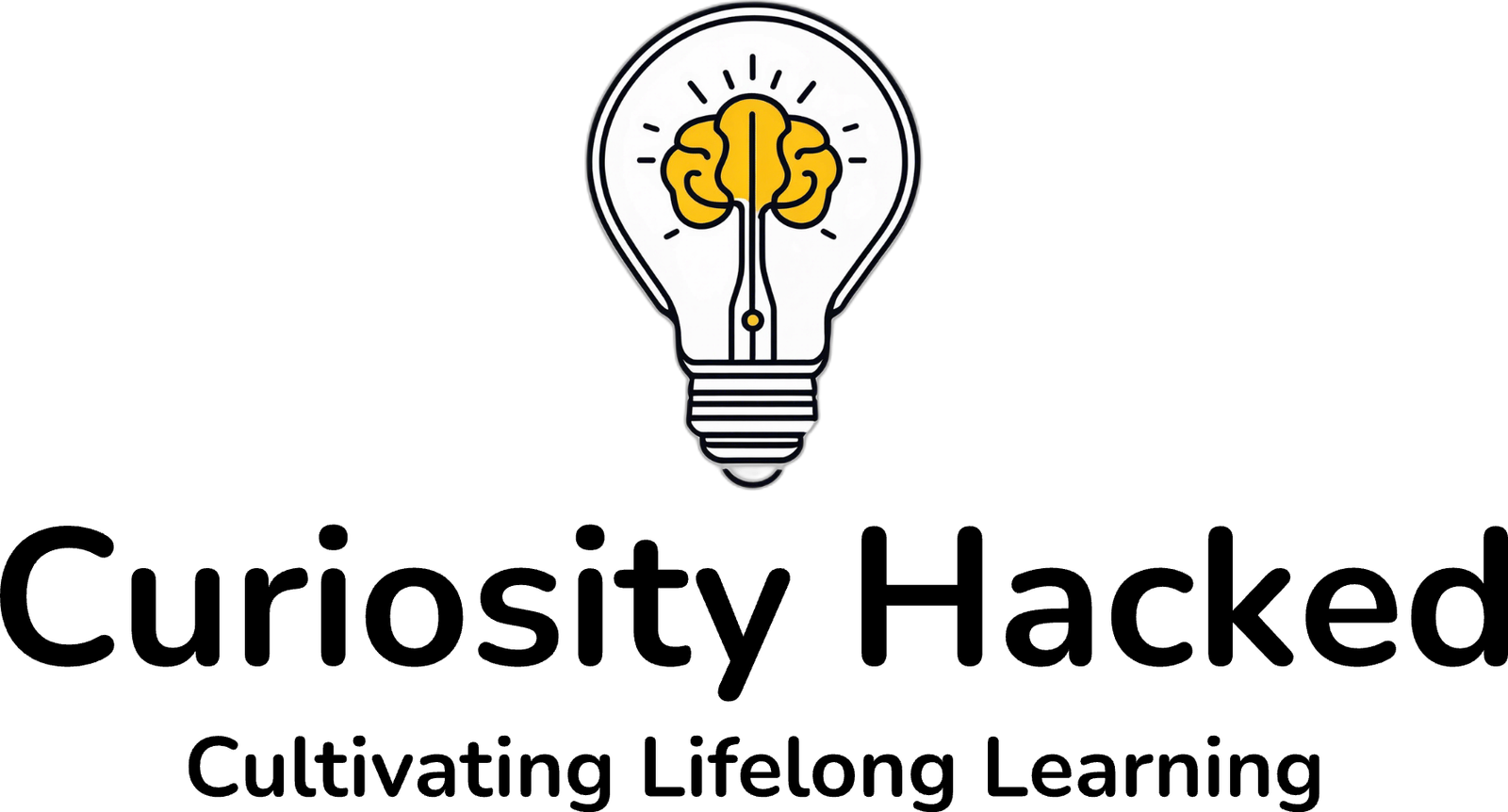How often do you meditate or practice mindfulness? If you don’t, we’re here to tell you why you should. The benefits of meditation and mindfulness go beyond stress relief.
The list is endless, from improved health and productivity to relationships and overall well-being.
We’re here to lend a hand if you’re unsure where to start. So come with us on a journey to learn more about meditation and mindfulness and how beneficial these practices can be in our everyday lives.
What Is Meditation?
Meditation is simply paying attention to your breath, body sensations, thoughts, emotions, or any other experience that arises while sitting quietly. It’s an exercise that anyone can do anywhere, anytime.
Meditation has been practiced for centuries worldwide by people from different religious backgrounds, including Buddhists, Hindus, Christians, Muslims, Jews, and others. Meditation isn’t necessarily associated with religion; it’s just a way to focus one’s mind.
There are many types of meditation, but most involve focusing on one thing at a time. For example, you could focus on your breathing, listening to music, counting backward from 100 by 7s, or repeating a mantra (a word or phrase).
What Is Mindfulness?
Mindfulness is being aware of what’s happening right now without judging yourself or getting caught up in your thoughts. Mindfulness helps you become more present and live in the moment.
It also helps you notice when you’re feeling stressed out, anxious, or depressed. You may even find that you feel happier and enjoy life more if you incorporate some form of mindful living into your daily routine.
How Can You Use Meditation And Mindfulness In Your Life?
The benefits of meditation and mindful living are numerous. Here are just a few:
- Improved sleep — When you sleep better, you’re more productive during the day.
- Better mood — Studies show that practicing mindfulness can help reduce anxiety and depression.
- Increased creativity — A study published in the Journal of Clinical Psychology found enhanced creative thinking after participants completed an eight-week mindfulness training program.
- Better self-awareness — One study showed that mindfulness helped people improve their ability to recognize their own emotional states.
- More energy — Another study found that people who could stay focused throughout the day had higher levels of energy than those who weren’t as successful.
- Greater empathy — Research shows that mindfulness increases our ability to understand others’ feelings and perspectives.
- Better concentration — People who have trouble concentrating tend to get distracted easily. But studies show that mindfulness improves focus and concentration.
- Healthier eating habits — People who use mindfulness techniques to eat healthier report fewer cravings for junk food.
- Less stress — Researchers say that mindfulness reduces stress because it helps people pay attention to stressful situations instead of letting them control them.
- Lower blood pressure — The American Heart Association recommends that adults practice five minutes of deep breathing every day to lower blood pressure.
- Better relationships — According to research, mindfulness helps us be kinder towards ourselves and others, making us less judgmental and more accepting of everyone we meet.
- Higher productivity — In a recent survey conducted by the Gallup Organization, researchers asked employees how they felt about their jobs. They then measured each employee’s job satisfaction level and overall performance. Employees who reported having high levels of job satisfaction also tended to be more engaged and satisfied with their work.
Meditation And Mindfulness: The Benefits, Continued

In addition to the benefits above, evidence suggests that mindfulness training can actually make some physical changes in the brain.
For example, one study found that after just eight weeks of practicing mindfulness exercises, participants experienced significant changes in gray matter volume in areas associated with learning and memory. Other studies have shown similar results.
Meditation and mindfulness are so beneficial because they help us remain grounded. We live in a fast-paced world of instantaneous convenience, high-stress levels, and an ‘always on’ culture.
These are just a few of the reasons so many of us are searching for a way to switch off and lean into the present. Meditation and mindfulness can help us do exactly this.
Whether you’re working a high-pressure job, suffering from anxiety, or simply being overwhelmed by life’s general stress, meditation, and mindfulness can help.
Meditation And Mindfulness: How To Start
Do you want to use meditation and mindfulness to improve your life? Not sure where to start? Here’s a list of resources, tips, and tricks you can use to begin your meditation and mindfulness journey.
1. Start small. If you’ve never meditated before, try starting with 10 minutes daily. You don’t need to spend hours at a time meditating. Just ten minutes will give you plenty of opportunities to explore the benefits of meditation and mindfulness.
2. Find a quiet place. It may seem like a luxury, but finding a quiet space to sit down and meditate is essential to making progress.
3. Choose a comfortable position. Sitting cross-legged or kneeling works well. Some people find sitting up straight or lying down easier than sitting cross-legged.
4. Focus on your breath. Breathing deeply and slowly is a great way to get started. When you notice thoughts creeping in, gently bring your focus back to your breath.
5. Be patient. As with any new habit, learning how to meditate effectively takes time. Don’t expect immediate results; stick with it!
6. Keep going. Once you feel ready, continue adding time to your practice. The more you practice, the better you’ll become.
7. Try different techniques. There are many ways to meditate and mindfulness. Experimenting with different methods is great for discovering what works best for you.
Suppose you need more help to start your meditation and mindfulness journey. In that case, we recommend listening to meditative music or following a guided meditation like those provided on popular apps like Headspace.
Frequently Asked Questions
How Long Should You Meditate For?
The length of time you choose to meditate depends on your goals and needs. If you have no idea where to start, try practicing for five minutes first. Then build from there.
Should You Meditate Before Bed?
It’s important to understand that meditation isn’t meant to be done while sleeping. However, if you’d prefer to meditate before sleep, then go ahead.
Is Mindfulness The Same As Meditation?
No. Mindfulness is an awareness of present-moment experiences without judgment or reaction. Meditation is a mental exercise designed to calm the mind.
Final Thoughts
There are many different types of meditation and mindfulness practices out there. All of them work differently depending on your personality and preferences.
No two people are alike, which makes each person unique in their own personal experience with meditation and mindfulness.
We hope this article has helped you learn more about meditation and mindfulness and given you the confidence you need to begin your journey to inner calm.









